It's time to take stock at the Storch-Ciret Group. The paint tool manufacturer has bundled its diverse sustainability efforts into an ESG strategy in order to make them transparent and manage them in a targeted manner across the entire company.
With over 1,600 employees worldwide, five factories, eleven warehouses, twelve sales companies, and well over 15,000 different products, this is a challenging task. “Our ESG strategy sets the framework within which we coordinate our sustainability measures,” says Thomas Raadts, Head of PM & Marketing. “We review the framework on an ongoing basis in order to continuously improve and maintain focus.”
While the topic was implemented in numerous facets before 2021, but primarily in a decentralized manner in the form of individual projects, the “Forgenerations” initiative began to discuss comprehensive values that include economic, ecological, social, and governance aspects together with a sustainability consultant.
The decision to bundle all measures did not come solely from internal motivation. Legal requirements and increasing customer expectations for greater transparency with regard to sustainability metrics also played a role. For this reason, a project was launched in 2023 with the aim of meeting the requirements of the CSRD directive on sustainability reporting. This made it possible to create a greenhouse gas protocol, known as GHG reporting, for the first time in 2024. The stated goal is to reduce emissions by 42 per cent by 2030.
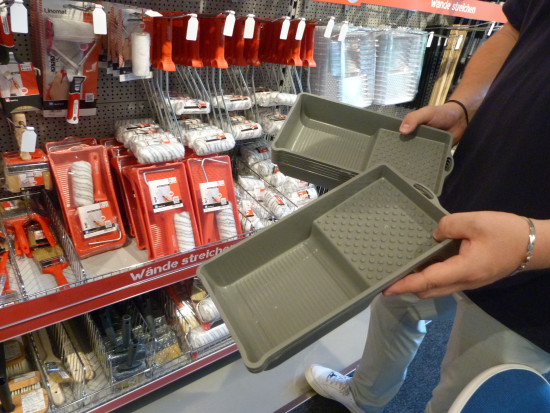
To this end, Storch-Ciret is constantly investing in more efficient, sustainable machines, in the use of renewable energies at its production, logistics, and sales locations, and in its products and their packaging. The goal is for the packaging not only to contain more sustainable materials, but also to cause less CO2 emissions during transport and, above all, to be high-quality and durable. Because only what works stays in use. Guaranteed success is therefore a central principle for the paint tool manufacturer. If the brush does not fit comfortably in the hand, no longer achieves the desired results after a short time, or the tape allows paint to seep through over time, the product quickly ends up in the trash—and that is anything but sustainable.
To prevent this, Storch-Ciret places particular emphasis on quality control and product testing. In the application technology lab, experts check, among other things, tensile strength, adhesive and covering power, UV effect, and how the products behave on different materials. This enables them to make recommendations for users and also allows the findings to be incorporated into product development.
There is no single sustainable product line—instead, when potential for improvement is identified in terms of materials, packaging, or ease of use, all relevant products are converted to the new, optimized version. This holistic approach combines all aspects of sustainability and pervades the entire company, starting with clear responsibilities: All employees are required to act sustainably and actively drive further development.
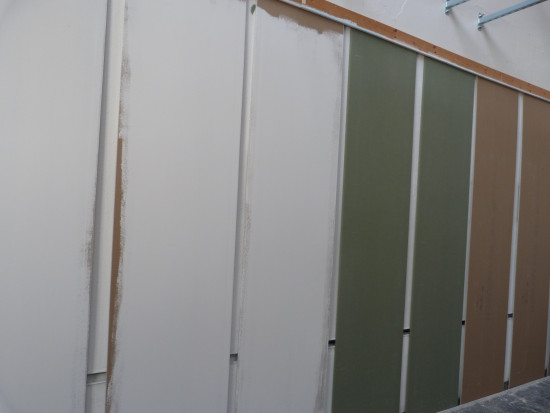
This strategy of taking a holistic view applies not only internally, but also shapes external actions. The Wuppertal-based company places great emphasis on exchange and cooperation. Examples of this are its participation in the ZN3 sustainability circle and its close cooperation with auditors, for example with regard to the EU Corporate Sustainability Reporting Directive (CSRD), as well as with dual systems and the packaging industry to develop solutions that can be recycled in an environmentally friendly manner.
In addition to human expertise, modern technology is also used to continuously improve products, concepts, and daily work at Color Expert. For example, artificial intelligence checks which new regulations are currently being implemented. In addition, software is used to support certifications and audits. Automation is intended to make production and packaging processes more efficient.
Waste from the injection molding process flows directly back into the production cycle. Color Expert's tools, adhesive tapes, and cover fleeces are made from up to 80 percent recycled materials, and the packaging is also constantly reviewed.
Last year, the company also adopted its “One GSC Strategy.” Based on the company's values, it defines four pillars: “Culture & Identity,” “Customer Focus & Relevance,” “Operational Excellence,” and “Product Leadership & Innovation.”
“Embarking on the path to sustainability is a transformation,” Raadts notes. It is important not to tackle everything at once, but to take one step at a time. He describes the path to sustainability with a comparison that is somewhat reminiscent of a video game, albeit with a more serious theme: “The path is not straight, sometimes there are bumps, and then there is a boost through the curve.”

 Menü
Menü






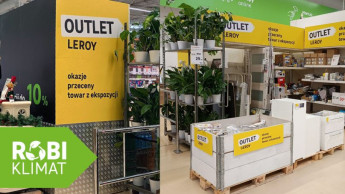
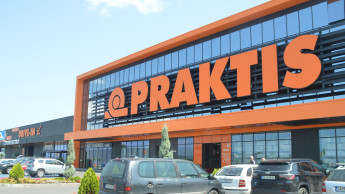

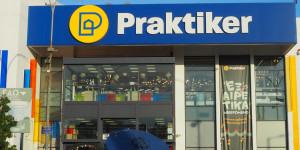


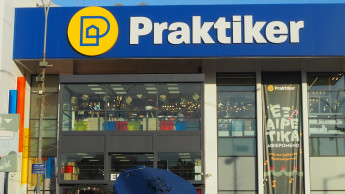
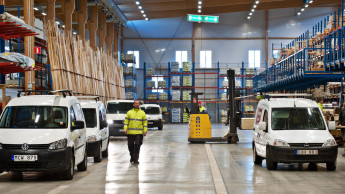
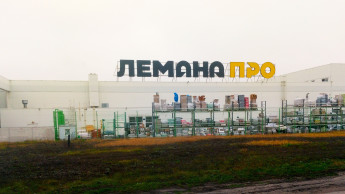
 Newsletter
Newsletter